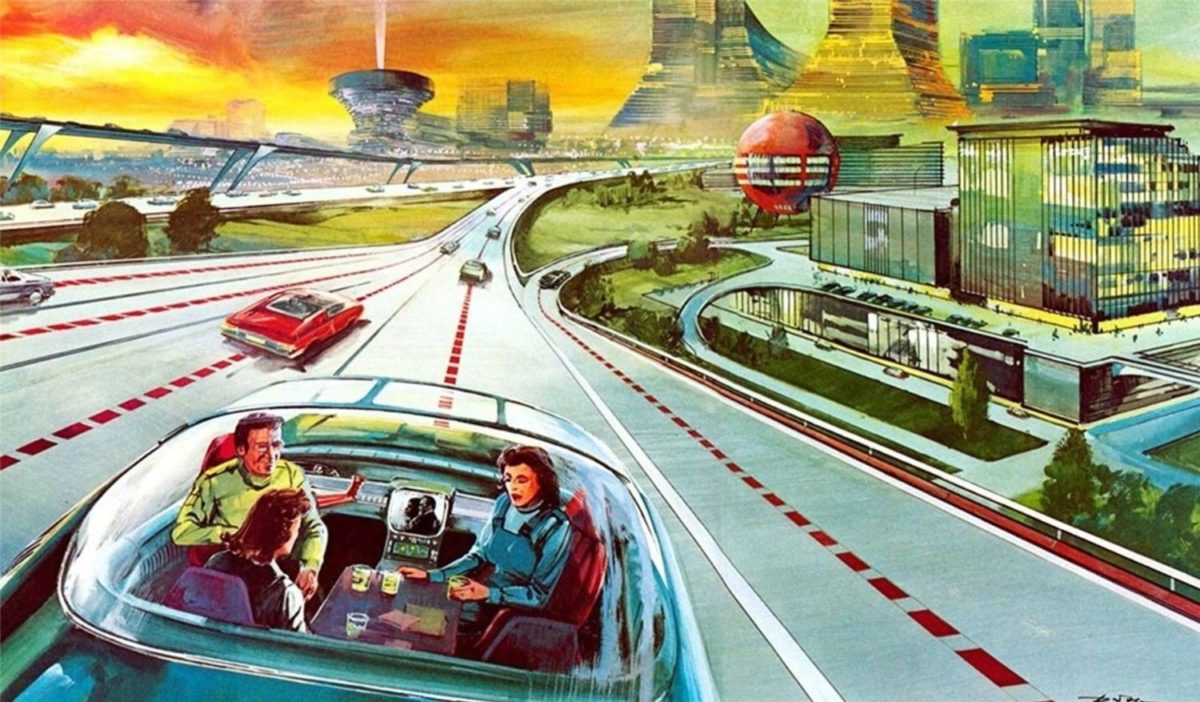RMC B.V. was founded in 2003 as a joint venture between the Rotterdamse Taxi Centrale N.V. (RTC) and the Rotterdamse Elektrische Tram N.V. (RET) Rotterdamse Mobiliteits Centrale is Dutch for ‘Rotterdamse Mobility Centre’, a name that covers the company’s goal: directing the safe transport of customers towards a reasonable price by high educated and responsible drivers in reprehensive vehicles.
To better understand the services that RMC provides, we visited the company for a detailed explanation. It became clear that RMC is an information hub that provides many different kinds of transportation for different kinds of customers, varying from entrepreneurs ordering private transport to customers that require transport with special needs. As we visited the company for an interview, we also discussed their views on autonomous driving, which we used as a base for our analysis of the technology.
The service of RMC can be roughly divided in two different parts. On the one hand RMC has the regular taxi service and on the other hand they perform transport with special needs that they win in public tenders. For these different services, two different information system strategies are used.
The value proposition of RMC is so, that it is a mobility provider that offers the customer the special transportation need it seeks to fulfil. In fulfilling this need the main costs are that of the cars and drivers and, in the case of RMC separately, the cost of developing and maintaining the information systems. Revenue streams are mostly dependent on customers that receive subsidised transportation and public tenders. Customer service is a key activity in this process and the customer relationship is successful if the communication is timely and clear. For RMC developing and maintaining technology in the form of front- and back-end information systems is managed by partnering.
For the digital transformation project we introduce a new revolutionary technology, namely autonomous driving.
The rise of self-driving vehicles is going to have a major impact on companies and households. Self-driving vehicles could replace delivery or transportation employees, and employees can improve their productivity by working during hours where they would normally drive. The different options for autonomous cars however, offer many great possibilities to companies that make use of transport, like for instance taxi companies.
Based on our analysis of RMC’s business model, the IT structure and the emerging technology of autonomous driving we came up with four managerial recommendations for RMC:
• Do additional research and keep up with the latest news on autonomous cars from car manufacturers, governments and specialists. To achieve this, partnerships can be of a positive impact.
• Focus on the customers/business model and not the technology. It is important that RMC keeps their focus on their customers, as there are multiple risks/challenges associated with their current customer base (transport with special needs) and not be to focused on the implementation of this new technology.
• Integration with current IT-system. If implementation of autonomous vehicles will be started, it is extremely important that the vehicles correctly communicate with the current IT-system of RMC.
• Security should have priority. Security should have a high priority by the implementation of autonomous vehicles, since hacking of the system has disastrous consequences for the society/RMC.

